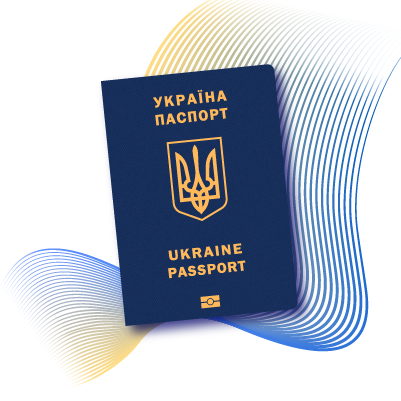This information is also available in: Ukrainian | українська | Russian | русский
The EU stands united in its unwavering support for Ukraine in the face of Russia’s war of aggression and illegal attempts to annex Ukrainian territory. We are committed to continue providing political, financial, economic, humanitarian, military and diplomatic support to Ukraine and its people for as long as it takes.
Strong and comprehensive EU response
In total, EU support to Ukraine since the beginning of Russia’s war of aggression amounts to almost €108 billion. This includes:
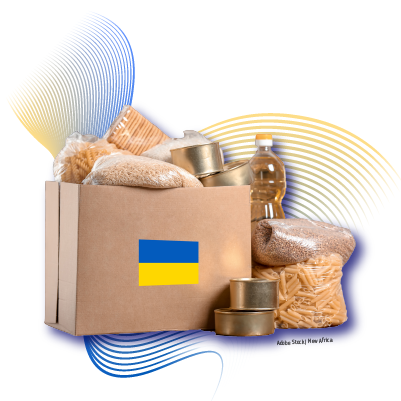
almost €52 billion made available so far by Team Europe to support Ukraine’s overall economic, social, and financial resilience

€39 billion in military assistance measures
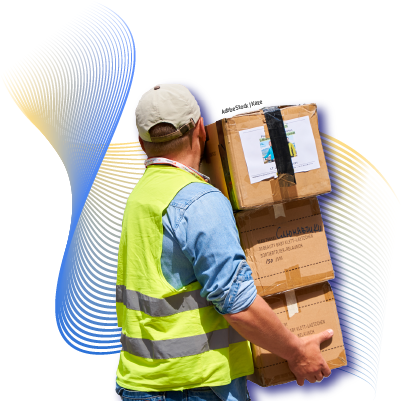
up to €17 billion to help Member States cater to the needs of Ukrainians fleeing the war to the EU
The EU, its Member States, and its financial institutions have decided to take a “Team Europe” approach in response to Russia's war of aggression. This means that we are working together and pooling our resources and expertise in order to deliver a greater impact for Ukraine.
Since the start of the aggression, Team Europe has made available almost €52 billion in support for Ukraine. This includes:
- macro-financial assistance
- budget support
- emergency assistance
- crisis response funds
- humanitarian aid
- On-going projects adjusted to meet urgent needs on the ground: €286 million
- Connecting Europe Facility support for Solidarity Lanes: €202 million
- Crisis response measures: €154 million
- School rehabilitation and school buses: €114 million*
- Civil society support: €31 million
- Humanitarian demining (from the EU budget): €21.5 million
- Nuclear safety cooperation: €16 million
*including €34 million from the humanitarian support
Macro-financial assistance and budget support
In 2023, in order to continue supporting Ukraine, the EU budget enabled €19.5 billion in short-term assistance, including an unprecedented support package of €18 billion in concessional loans. This was on top of the €11.6 billion provided in loans and grants in 2022. Thanks to this, Ukraine has been able to
- continue paying wage and pensions
- restore critical infrastructure damaged by the war
- maintain essential public services such as hospitals, schools, and housing for relocated people
- ensure macroeconomic stability
The Ukraine Facility: supporting the country's recovery, reconstruction, and path towards EU accession
To support Ukraine in its long-term efforts to recover from the war and work towards EU membership, the EU has launched a dedicated financial instrument for the years 2024 to 2027. The Ukraine Facility will allow the EU to provide Ukraine with up to €50 billion in predictable and flexible financial support during this period. So far, Ukraine has already received €7.9 billion of this crucial support in the form of emergency bridge-financing and pre-financing.
The Facility underlines the EU’s commitment to supporting Ukraine in the face of Russia’s ongoing war of aggression and on its path towards EU accession.
Measures to support the Ukrainian economy
In February 2023, the European Commission and Ukraine signed an agreement for Ukraine to join the Single Market Programme (SMP). This agreement will support Ukrainian businesses by facilitating
- access to markets
- a favourable business environment
- sustainable growth
- internationalisation
Additionally, the EU has renewed its suspension of import duties and quotas on Ukrainian exports until 5 June 2025. These trade measures have been in place since June 2022 and have provided a lifeline to the country's economy.
The EU also provides support through guarantees, issued by financial institutions, such as the EIB and EBRD. This will enable the Ukrainian government to provide credit and allows companies to offer vital services.
Humanitarian aid and civil protection
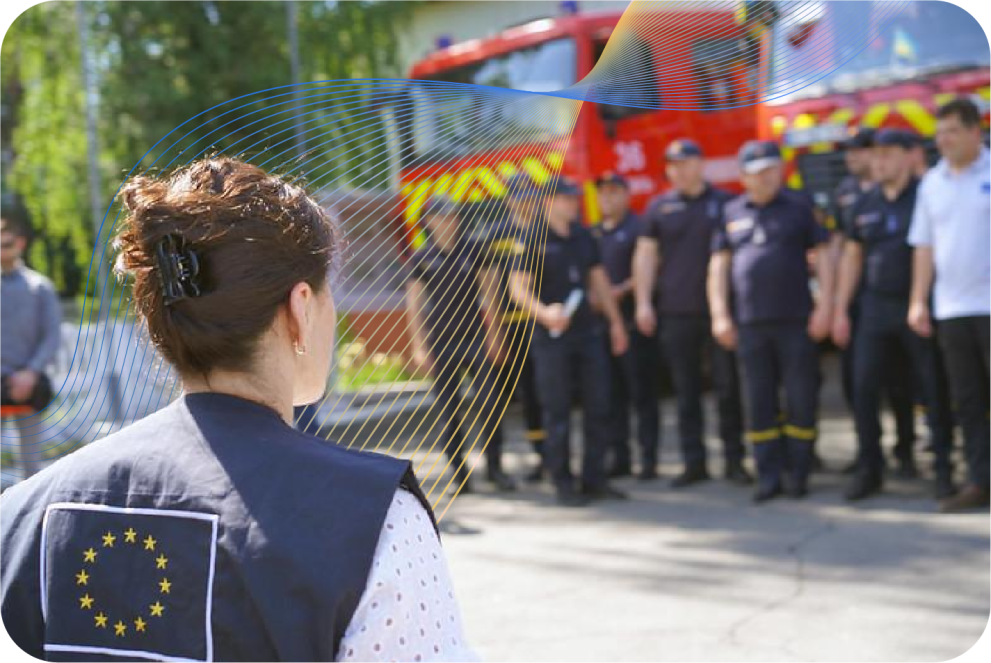
The Commission has allocated €860 million for humanitarian aid programmes in Ukraine to be implemented by humanitarian partners on the ground.
In line with the priorities of the Ukrainian government, EU humanitarian assistance provides
- shelter
- cash support
- healthcare
- food assistance
- education
- water and sanitation
In addition, more than 148 000 tonnes of in-kind assistance with an estimated value of over €839 million has been delivered to Ukraine from EU Member States and partners via the EU Civil Protection Mechanism. More than €110 million has also been provided by the EU and Member States for humanitarian demining, including €21.5 million from the EU budget.
In 2022, the EU mobilised €330 million for an emergency support programme that has helped secure access to basic goods and services, such as education, healthcare, and food. The support programme has also helped to protect the population — both internally displaced people and their host communities — and to support small and medium enterprises and agriculture.
Other important goals include reconstructing civilian small-scale infrastructure, ensuring energy security, and strengthening cyber security, media freedom and actions against disinformation. Ongoing projects worth €286 million have been adjusted to meet urgent needs on the ground.
Emergency logistical hubs and rescEU aid
Due to rapidly growing needs in Ukraine, we have mobilised medical supplies, temporary shelter units, and power generators, but also specialised equipment for public health risks such as chemical, biological, radiological and nuclear threats via the rescEU stockpiles.
In total, we have provided Ukraine with €157 million in rescEU support since the beginning of the war.
- housing needs
- protection suits
- decontaminants
- ventilators
- infusion pumps
- patient monitors
- ultrasound devices
- power generators
The EU has been coordinating medical evacuations of Ukrainian patients in urgent need of treatment, transferring over 3 400 patients to hospitals across Europe to receive specialised care so far.
In September 2022, the EU Medevac Hub was opened in Rzeszów, Poland. The hub offers a safe space for the patients arriving from Ukraine before they are transferred for treatment in a hospital in another European country.
Furthermore, the Commission has established civil protection logistical hubs in Poland, Romania and Slovakia to distribute aid to Ukraine as quickly as possible. These hubs will help channel the assistance being delivered via the EU’s Civil Protection Mechanism.
On 21 April 2023, Ukraine became a participating state of the EU Civil Protection Mechanism, the European solidarity framework that helps countries overwhelmed by a disaster.
Temporary protection
Following the outbreak of the invaion the EU immediately triggered the Temporary Protection Directive. This gives displaced people fleeing the war in Ukraine certain rights in the EU, including:
EU countries have since welcomed over four million people from Ukraine under this temporary protection scheme, which has been extended until March 2026.
The Commission introduced maximum flexibility so that Member States can also use unspent cohesion funds to support people fleeing the war. Thanks to this, up to €17 billion has been made available.
Solidarity Lanes
As part of the European Union's response to the Russian aggression against Ukraine, the European Commission and bordering EU Member States established on 12 May 2022 the EU-Ukraine Solidarity Lanes. The Solidarity Lanes are essential corridors for Ukraine's agricultural exports, as well as the export of goods it needs, from humanitarian aid to animal feed and fertilisers.
Since May 2022, the Solidarity Lanes have
- helped export around 136 million tonnes of Ukrainian goods, including around 70 million tonnes of grain, oilseeds and other related products
- helped import into Ukraine more than 52 million tonnes of the goods it needs, from military and humanitarian aid to fuel and other products
- provided technical support to Ukraine, Moldova, and EU countries to facilitate and speed up procedures and remove bottlenecks at the border
- led to signing of freight agreements with Ukraine and Moldova on 29 June 2022 to further facilitate transit and transport to and from both countries
Over €2 billion has since been mobilised to scale up the Solidarity Lanes, including contributions from the Commission, the European Investment Bank, the European Bank for Reconstruction and Development, and the World Bank.
Support for Ukrainian school children

The EU has provided €100 million to help ensure that children can safely access education in Ukraine. This money goes towards rehabilitating damaged schools, establishing learning spaces, mine risk awareness, and psychosocial support to children, teachers, and caregivers.
To support a new generation of learners, the Commission has delivered half a million textbooks to students in Ukraine. And thanks to €14 million from the Commission and an EU-wide solidarity campaign, more than 380 school buses have been donated to Ukraine.
Support for the energy sector
In March 2022, Ukraine’s electricity grid was synchronised to the EU. The EU will continue to support Ukraine in the energy sector by ensuring the reverse flows of gas to the country. Ukraine will also be able to benefit from EU common purchase of gas, liquefied natural gas (LNG), and hydrogen.
In addition, the EU has provided more than 10 000 power generators and 35 million LED light bulbs for Ukraine.
At the request of the European Commission, around €500 million has been made available to cover the immediate needs of the Ukrainian energy sector under the Ukraine Energy Support Fund established by the Energy Community.
Support for improved connectivity and technology
In July 2022, the Commission called upon European telecom operators to prolong their agreement to suspend or significantly reduce roaming charges for Ukrainians in the EU.
In June 2023, the EU and Ukraine signed an agreement associating Ukraine with the Connecting Europe Facility programme. This will allow Ukrainian project promoters to apply for EU funding in the transport, energy, and digital sectors, further improving Ukraine's connectivity with its EU neighbours.
In December 2023, the Commission opened a new Horizon Europe office in Kyiv. Ukraine's participation in Horizon Europe and the Euratom Research and Training Programme will help to preserve and nurture the country’s research and innovation ecosystem.
Since the beginning of the war, the EU has stepped up its support to strengthen Ukraine’s cyber resilience with €10 million for equipment, software and other related support. A further €19 million has been provided to support digital transformation.
Support for future reconstruction
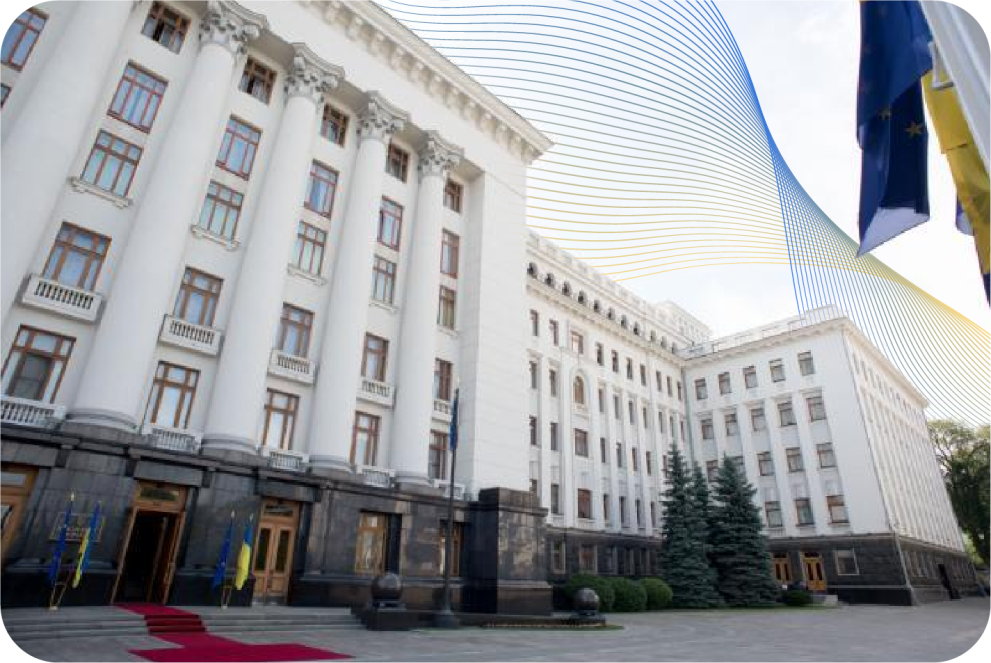
A major global financial effort will be required to rebuild Ukraine after the war. The reconstruction effort will be led by the Ukrainian authorities in close partnership with the EU and key partners, such as the G7, the G20, other third countries, as well as international financial institutions and international organisations.
In January 2023, the Multi-agency Donor Coordination Platform was launched to coordinate support by international donors and financial institutions for the Ukrainian economy in both the short- and long-term. The Platform enables close coordination between international donors and international financial organisations and aims to ensure that support is provided in a consistent,, transparent, and accountable manner.
Support for holding Russia accountable
The EU is supporting the fight against impunity in Ukraine with a €7.25 million project to support the International Criminal Court investigations into war crimes committed by Russia. Furthermore, Eurojust is supporting an EU Joint Investigation Team, set up by Poland, Latvia, Estonia, Slovakia, Romania, Lithuania and Ukraine (and with the ICC and Europol as participants) in its efforts to investigate international crimes committed in Ukraine.
The European Commission has also established the International Centre for the Prosecution of the Crime of Aggression against Ukraine. Located in The Hague and embedded in the existing Joint Investigation Team, the Centre supports the coordination of investigations and collection of evidence of the war crimes committed in Ukraine.
Around €210 billion in assets of the Russian Central Bank are immobilised in the EU. More than €28 billion of private assets of listed persons and entities have been frozen so far.
The EU has taken a decision to use profits from immobilised Russian assets to support Ukraine. Depending on interest rates, revenues generated from these immobilised assets are likely to yield around €2.5 to 3 billion a year for the benefit of Ukraine. The first payment to Ukraine of € 1.5 billion has been made available on 26 July 2024.

